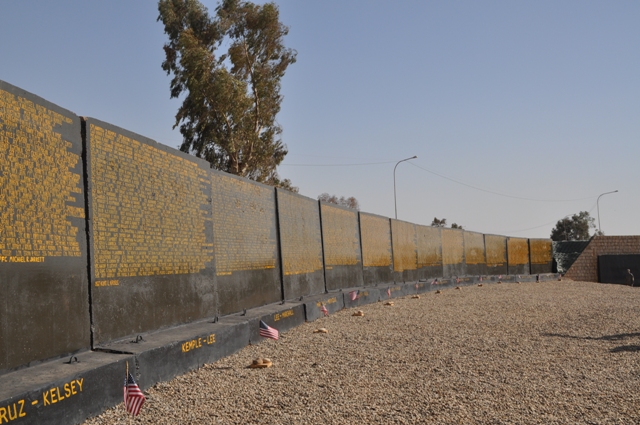I wrote the following Op-Ed piece in the fall of 2011 while the US was negotiating with the Maliki Government of Iraq regarding the future status of any remaining US troops in Iraq after the previously agreed upon December 31, 2011 deadline for all troops to be out of Iraq. I reprint here because of the deteriorating situation in Iraq and the recent response by the Maliki government to a protest in Hawija in the Kirkuk Province. The response turned violent and 33 people were killed. Afterward the local tribal leaders’ comments were to the effect that peaceful demonstrations are over and it is time to pick up arms. That particular clash was Shia on Sunni. However, having taken place in Kirkuk is significant.
I lived in Kirkuk for three years as the senior economic development advisor with the Kirkuk Provincial Reconstruction Team (PRT) and to the Government of Iraq. Over the three year period my team and I engaged in over 600 missions outside the wire to meet with provincial political leaders, Baghdad ministerial leaders, the Governor, and local farmers and business leaders. In Iraq, PRTs were diplomatic outposts of the U.S. Embassy that partnered with Brigade Combat Teams, other U.S. Agency presence in Iraq, and the local provincial governments to foster political progress and build capacity critical for a stable and democratic Iraq. In the disputed province of Kirkuk we were welcomed and the local ethnic groups recognized the positive contributions and the stabilizing influence of the PRT and the U.S. Army.
Continue reading →

